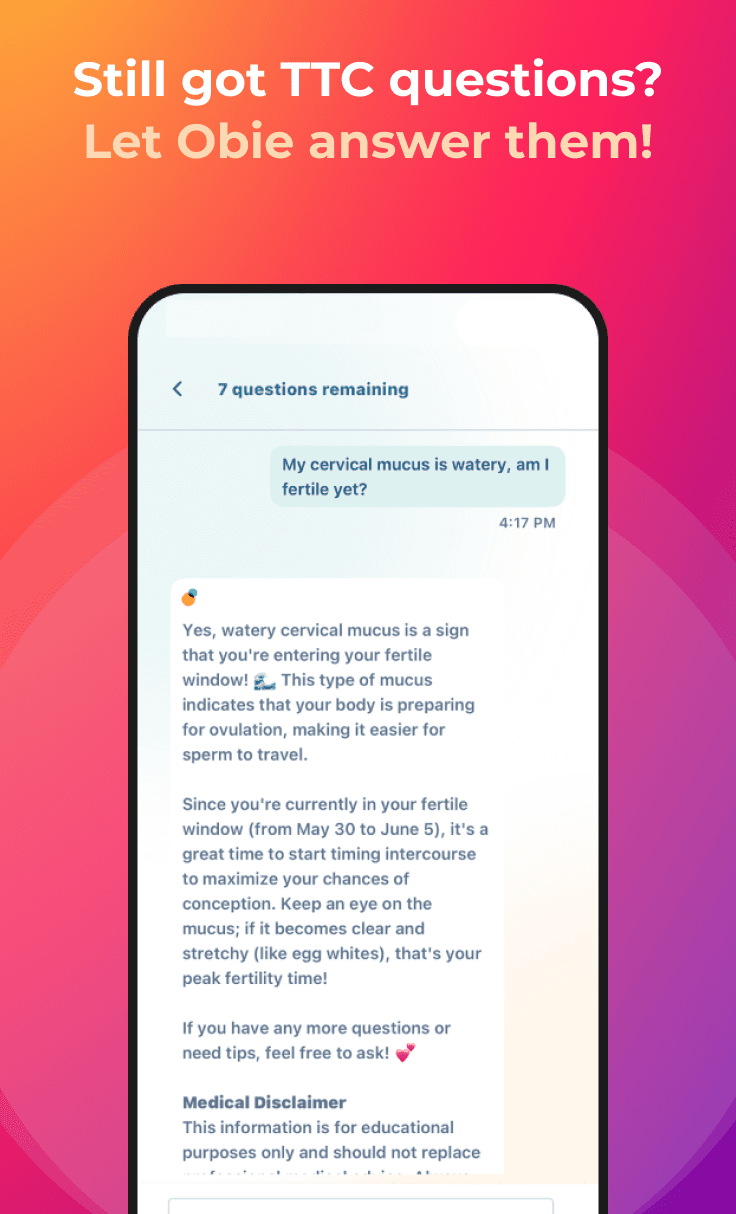Testing Inhibin B and Ovarian Reserve
Female Infertility
Obie Editorial Team
Inhibin B is a protein hormone produced by your ovaries. It works to inhibit FSH, which is responsible for helping your follicles to develop. Levels of Inhibin B decrease with age.
Inhibin B is actually secreted directly by small, developing follicles in your ovaries. During the follicular phase of ovulation, small follicles eventually develop into mature eggs, ready for fertilization. Inhibin B has a sister hormone called Inhibin A, which is also produced by the ovaries.
Day 3 Inhibin B Test
If you have already had a Day 3 FSH test or an Estradiol test, you may still be interested in finding out more about your underlying fertility problems. The Day 3 Inhibin B test can help to determine the quality and quantity of your ovarian reserve. Ovarian reserve often plays a dominant role in determining whether a not a couple will conceive. So if you are having difficulties conceiving, consult with your health care provider about the Day 3 Inhibin B test.
What is the Day 3 Inhibin B Test?
The Day 3 Inhibin B test is a simple blood test that measures the amount of Inhibin B in your blood. It is performed on Day 3 of your menstrual cycle.
The Day 3 Inhibin B Test is used in order predict ovarian reserve, including egg quality and eqq quantity. Because Inhibin B is produced directly by ovarian follicles, the amount of Inhibin B in your blood directly correlates to the number of eggs that you have in your ovaries. Inhibin B can also predict the ability of your ovaries to produce more follicles. This suggests that the hormone can predict the success of certain ovulation-inducing drugs, like Clomid.
Inhibin B and Infertility
Inhibin B does seem to be directly related to fertility. Low levels of Inhibin B are associated with:
- impaired ovulation
- decreased success with IVF
- lower pregnancy rates
- increased risk of miscarriage
Who Can Benefit from the Day 3 Inhibin B Test?
Unfortunately, the Day 3 Inhibin B is not widely available. It is difficult to perform and therefore is not found in all fertility clinics. However, a number of women can benefit from the Day 3 Inhibin Test, including:
- women who have shown a poor response to fertility drugs
- women with a positive CCCT
- women with unexplained infertility
- women over the age of 35
The Day 3 Inhibin B Test Procedure
The Day 3 Inhibin B test is quite straightforward. A simple blood sample is taken from your arm on Day 3 of you menstrual cycle. This sample is then sent to your fertility clinic's laboratory to be examined. Results typically take a week or so.
The Results
Your reproductive endocrinologist will discuss the results of your Day 3 Inhibin B test with you and your partner. Typically, a normal result is anything above 45 pg/mL. An abnormal result is anything below 45 pg/mL.
After the Day 3 Inhibin B Test
Once you receive your results, you and your reproductive endocrinologist can begin to discuss your fertility treatment options. Women with a low Day 3 Inhibin B are associated with having much lower pregnancy rates and are at increased risk for miscarriage. However, this does not mean that you will not become pregnant if you do have low Inhibin B levels. Treatment generally includes prednisone and dexamethasone, in order to induce ovulation. If you still have difficulties ovulating, you may consider egg donation.








